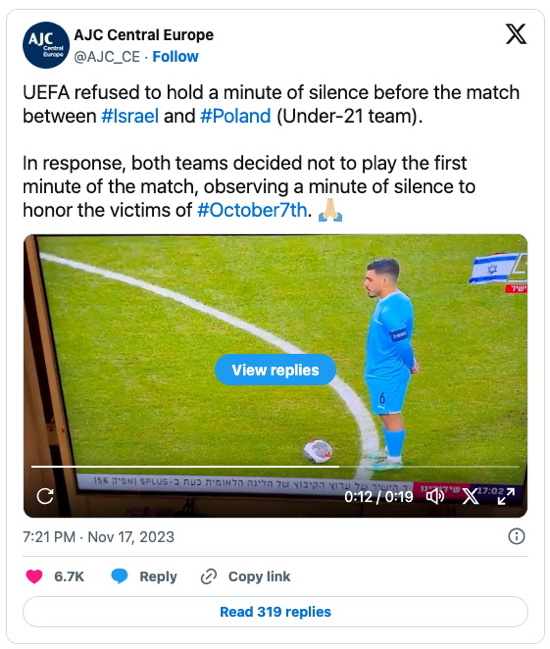Mullan has a keen psychological understanding of oppression, something he says he learned by reading an article about the lack of organized resistance in Bosnian rape camps.
«One woman said, ‘I’d have given them my daughter rather than have them rape me again.’ There’s something moving about that kind of honesty, because we’d like to believe that people rise up and fight this kind of thing, but oppression is much more sophisticated than that. Because in making people act as isolated individuals, you win every time. The greatest threat to the world is a collective. But if you break it down into individuals, you can smash them to smithereens.»
Movie critic for «The Magdalene Sisters»
A while ago, I stumbled upon a speech of Paula Scanlan. It was less the actual issue (males in females’ sport), but the way the decision was enforced that struck me.
If I understood it correctly, when the decision was made to have a male compete against females in swimming (incl. sharing the same changing rooms), the existing girls team had no opportunity to think about it and object. It was just given as fact, immediately continued with business as usual. Those who objected afterwards were threatened («wrong side of history», will not get a job) or (even) offered counseling services. The result was that — very quickly — no one spoke up. At least publicly no one objected, and few did talk open privately.
The way how communication and organized objection was prevented was … darkly impressive. Especially if they continued training immediately after the announcement. It uses habits (they know the drill to get into the water) and thus have already trained with the male swimmer. It reminds me of the quote above, or of Mattias Desmet’s «The Psychology of Totalitarianism» (atomization).
While I am no fan of collectives, they can be the only chance to stop decisions with which those affected do not agree. It is probably one reason why Cancel Culture and the fight against free speech works so hard to isolate people, to make them untouchable, to stop communication about things that matter.
If people communicate openly, these decisions can be stopped. If people are isolated and do not exchange viewpoints, they are much easier to control. Divide and conquer on steroids.
Scanlan also provides an example of a school in which the females did unite and fight for themselves. It shows that resistance is possible. (I wonder whether it would be possible that all females stay standing on the start block and let the male swimmer swim alone — but you would need absolute unity and discipline to achieve it.)
That kind of organization and bypassing authorities works irrespective of the issue. For example, when the request for a pre-game minute of silence for the victims of Hamas’ terror attacks was rejected, the players simply stood in silence for a minute after the game was started. Kudos, a creative solution to deal with the issue. Guess they talked about it and agreed to do so.

While these are anecdotes, they do show the power of honest communication. And given how quickly some people want to push through decisions to squelch any objection by those affected, it probably pays to discuss likely scenarios beforehand and agree on a common strategy. Perhaps by using a key phrase — used when the situation happens to remind everyone that they talked about it and how they have agreed to react, no matter the pressure.
P.S.: For reference (Apple Dictionary):
- male: of or denoting the sex that produces small, typically motile gametes, especially spermatozoa, with which a female may be fertilized or inseminated to produce offspring
- female: of or denoting the sex that can bear offspring or produce eggs, distinguished biologically by the production of gametes (ova) that can be fertilized by male gametes